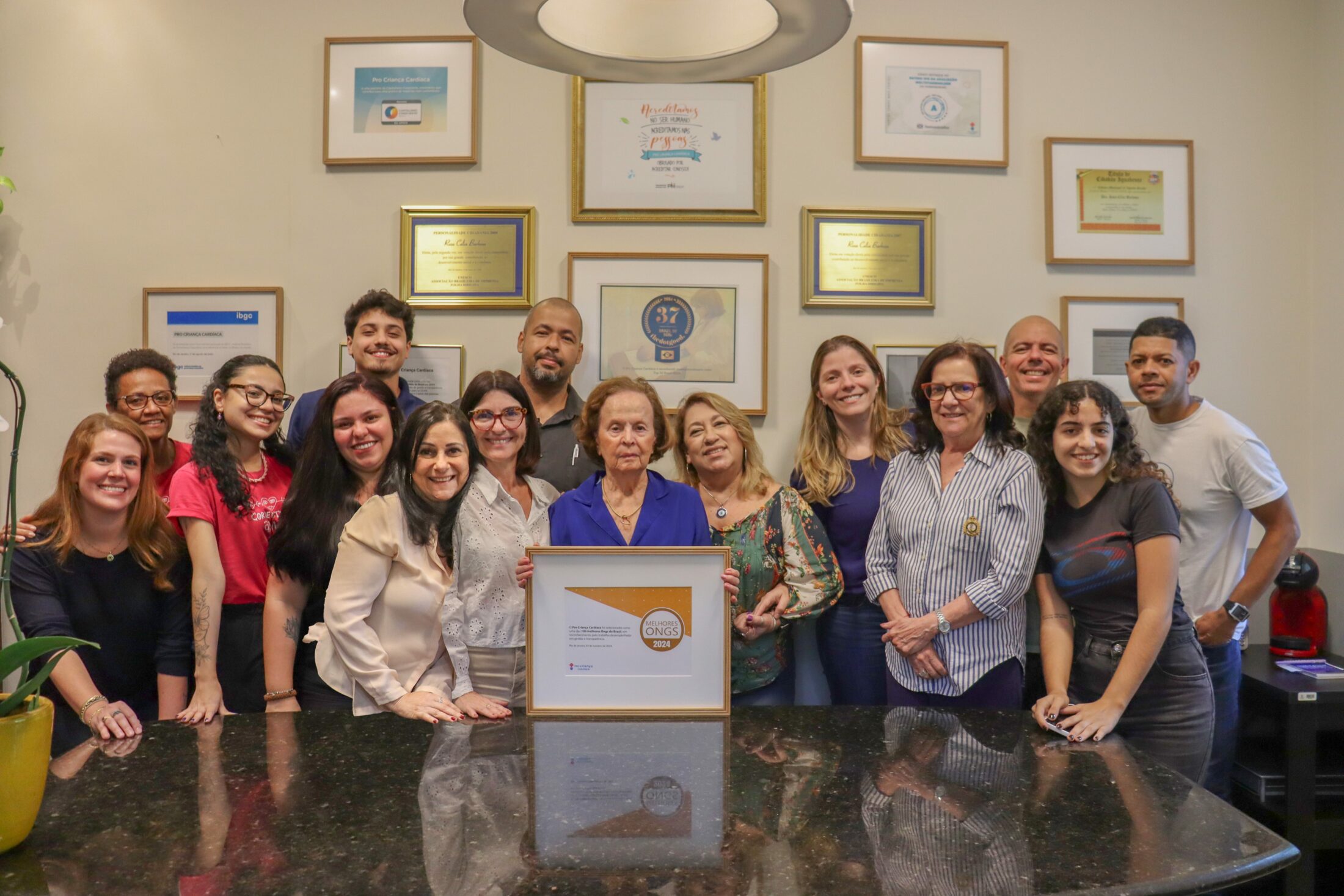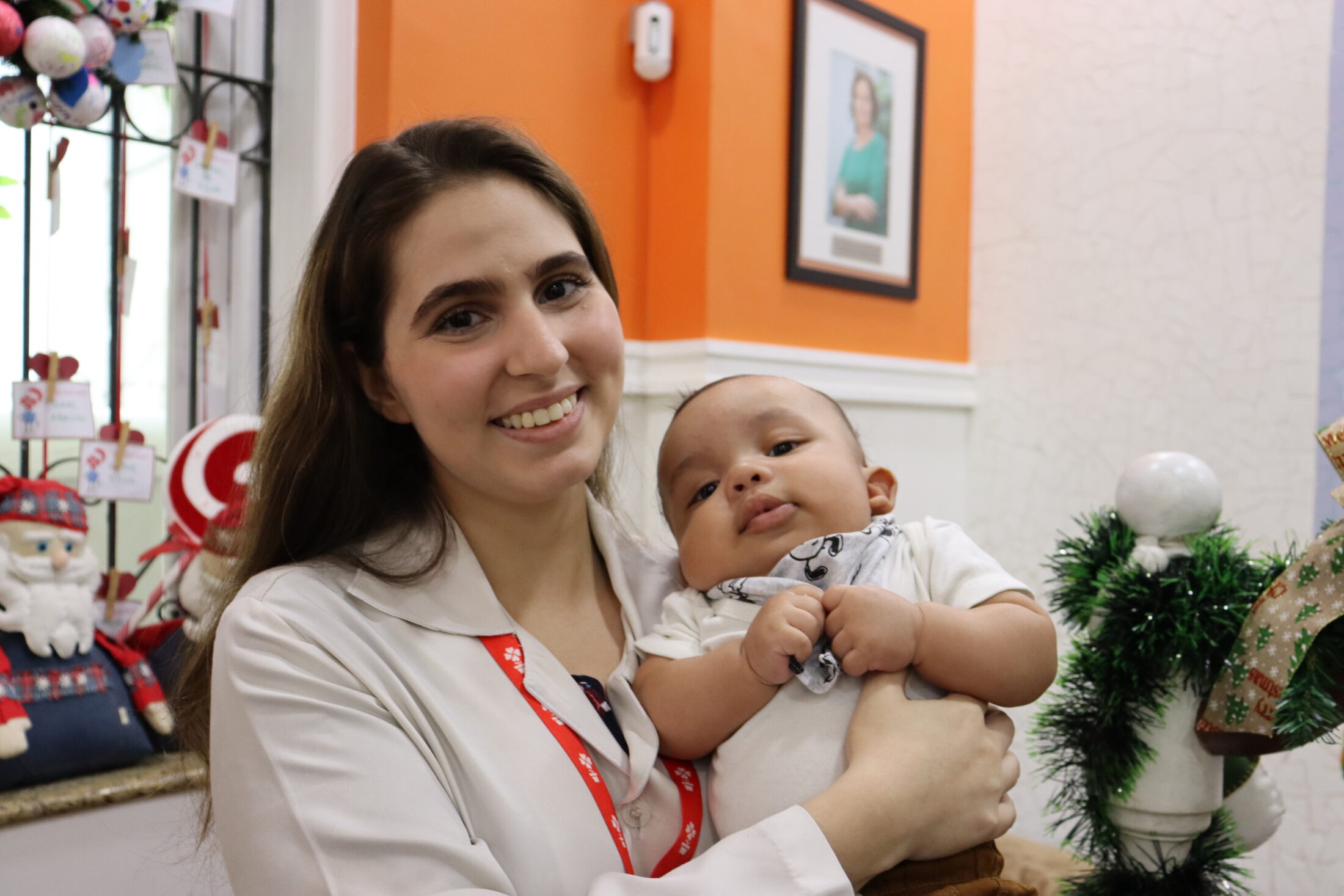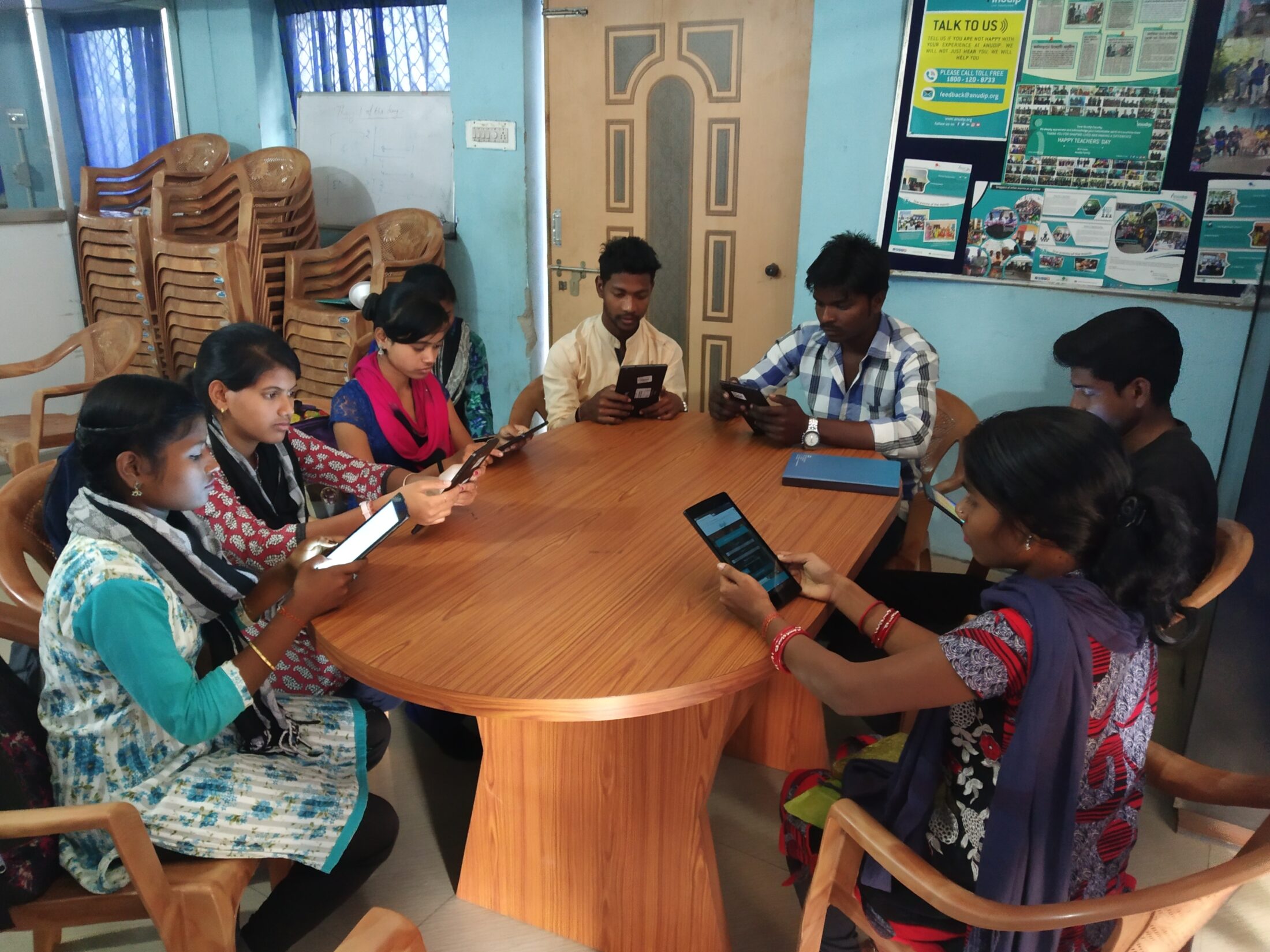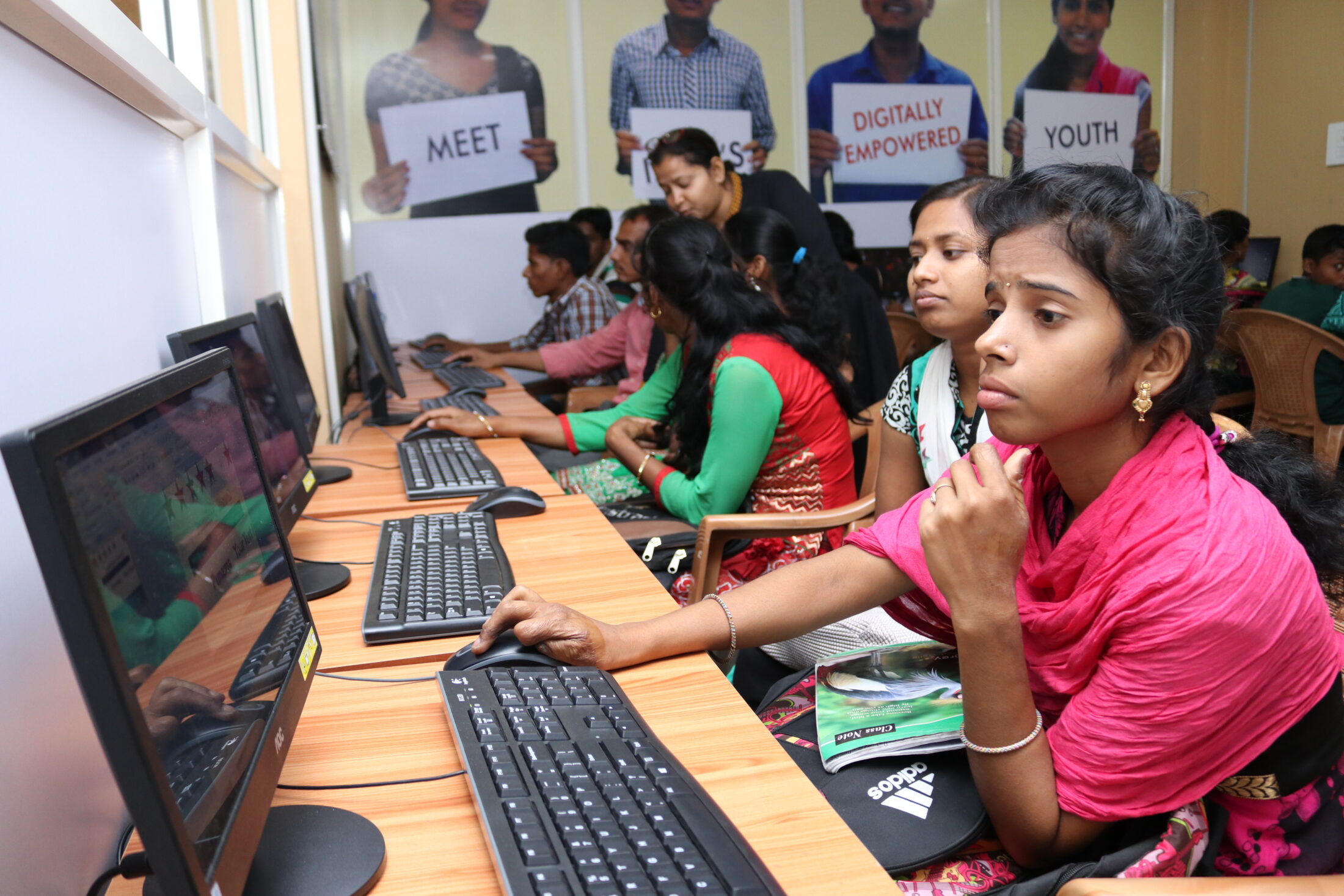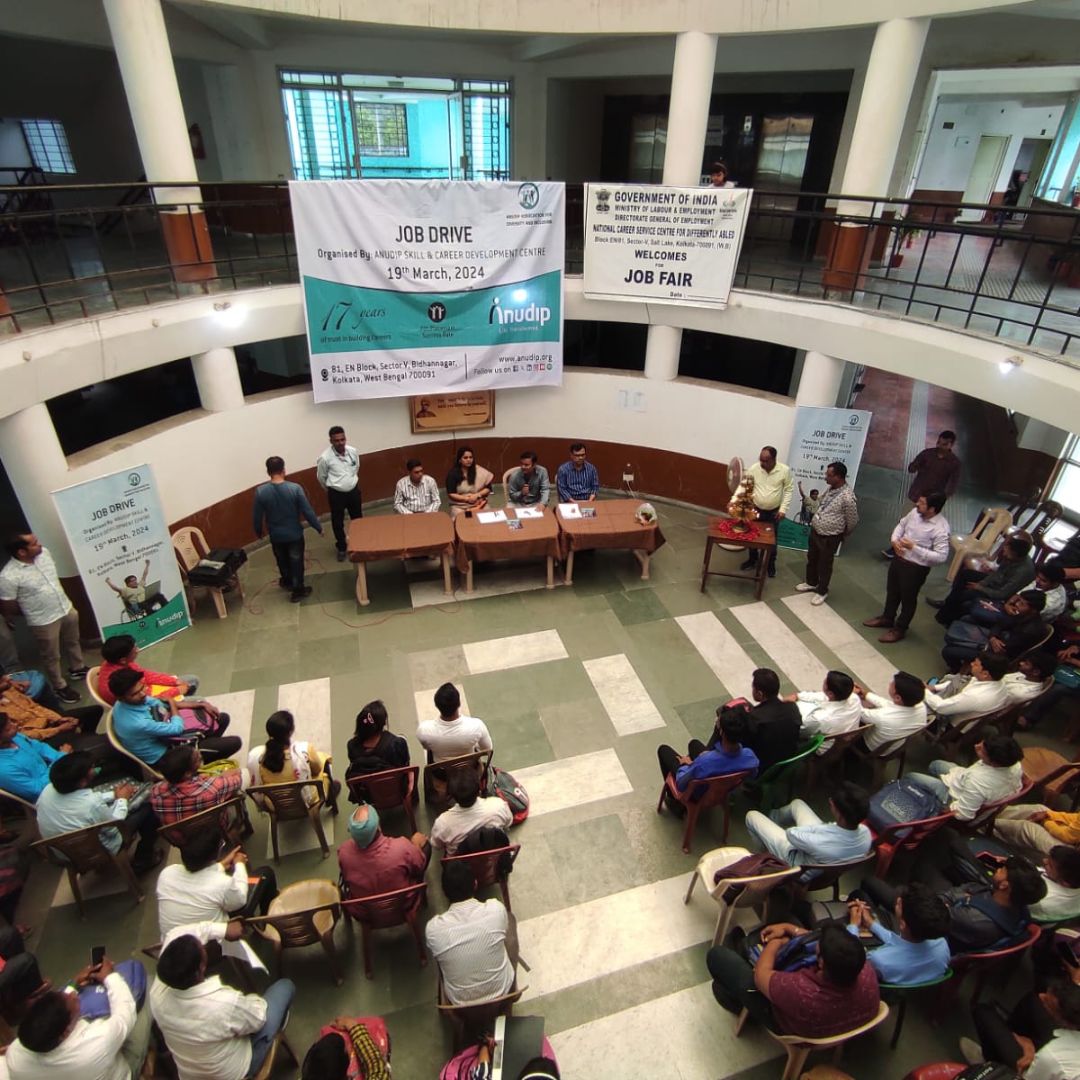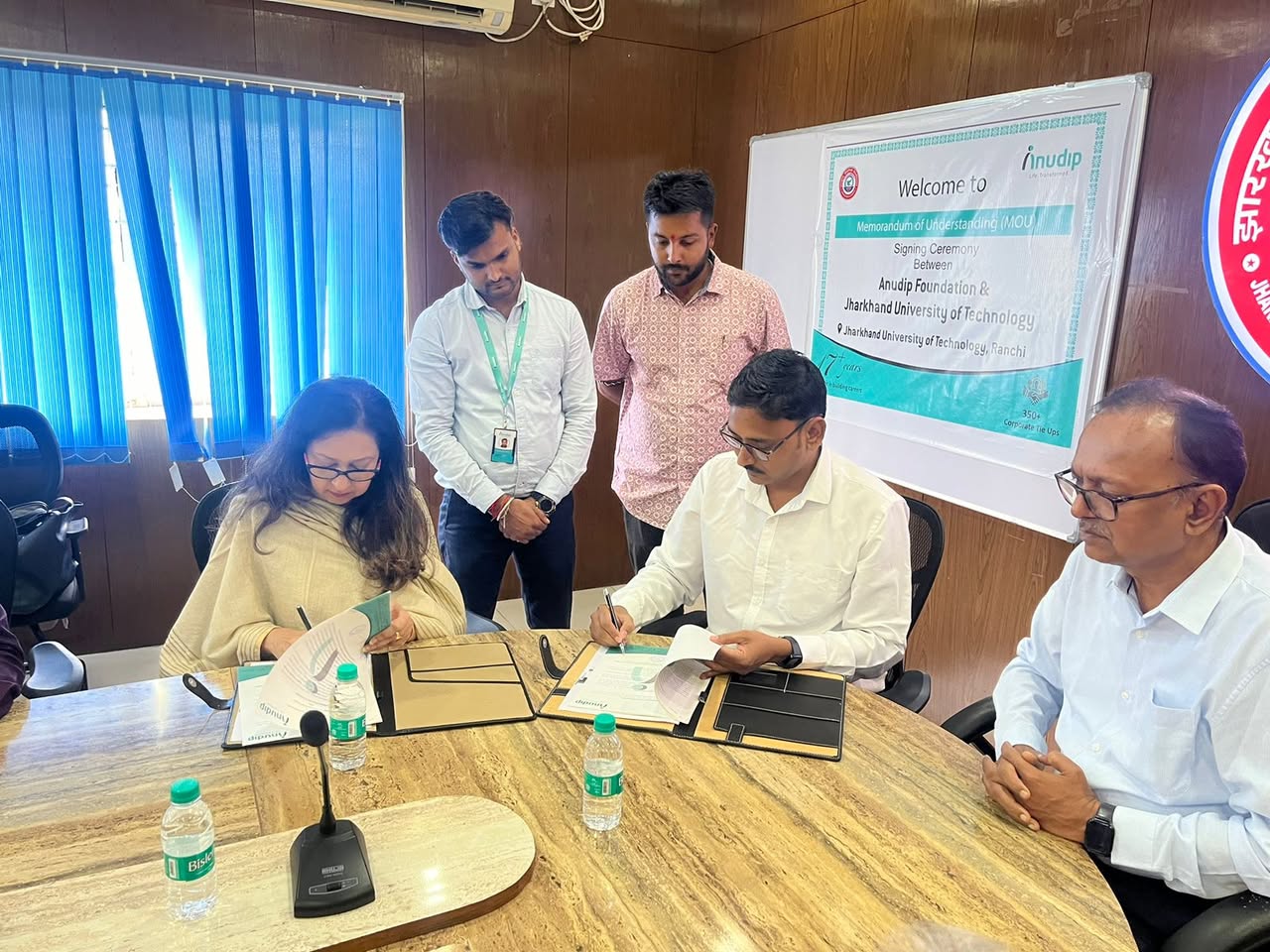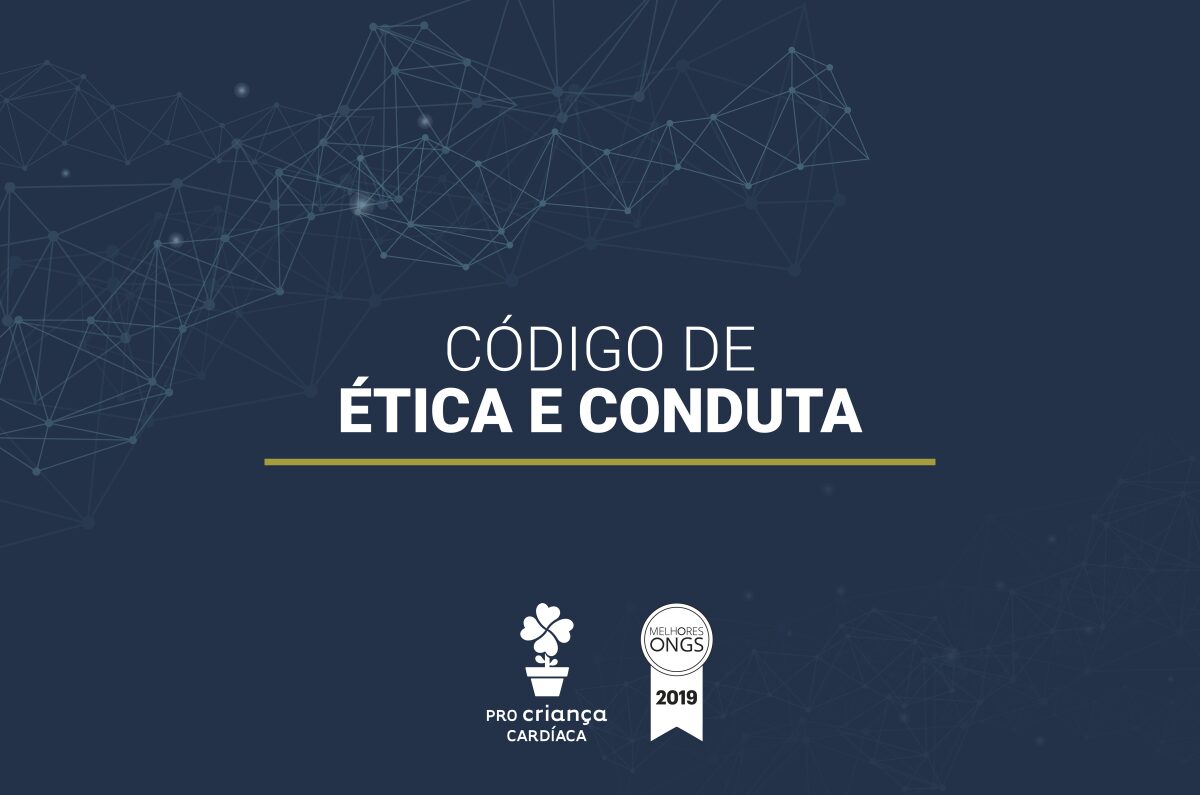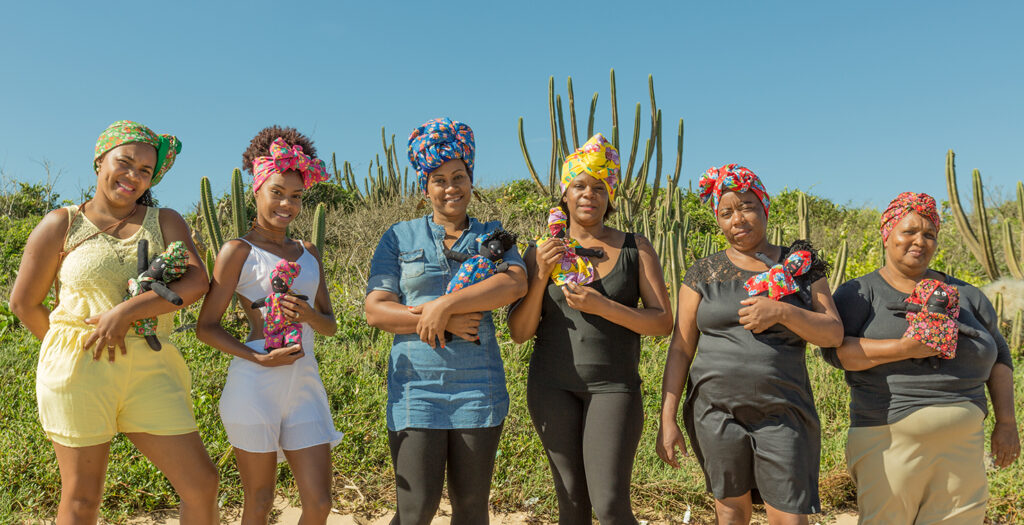-
 The Talk of the SphereRecognizing Global Excellence in the Evolving Social Good Sphere
The Talk of the SphereRecognizing Global Excellence in the Evolving Social Good SphereThe 2025 World Top SGOs Are Live
-
 The Talk of the Sphere
The Talk of the SpherePro Criança Cardíaca has already secured its registration for the 2025 Best NGOs Award
-
 The Talk of the Sphere
The Talk of the SphereNutrition and health: a daily commitment at Pro Criança Cardíaca
-
 The Talk of the Sphere
The Talk of the SphereThe Making of a New-Age Workforce from India’s Margins
-
 The Talk of the Sphere
The Talk of the SphereKeys to Women Empowerment
-
 The Talk of the Sphere
The Talk of the SphereAbling Disability
-
 The Talk of the Sphere
The Talk of the SphereBuilding Bridges
-
 The Talk of the Sphere
The Talk of the SpherePro Criança Cardiac launches its Code of Ethics and Conduct
30/04/2024
Standard in the corporate world and increasingly necessary in the third sector, guidelines that govern internal and external relations with Pro Criança were developed in partnership with the renowned Ulhôa Canto Advogados Office.
Ethics, honesty, integrity, reliability, respect, transparency and coherence have always been very dear values for society as a whole, essential for the unblemished reputation of companies and, in recent decades, also for the Third Sector in the country, which is growing in leaps and bounds. wide. According to the Institute of Applied Economic Research (Ipea), there are more than 820,000 Civil Society Organizations active in Brazil.
One of them is Pro Criança Cardiac, which launches its Code of Ethics and Conduct on February 19th, next Wednesday, at a closed event. After the launch, there will be training aimed at the institution’s employees, suppliers and service providers in the auditorium of the Botafogo Medical Center (Rua Dona Mariana, 143). The opening will be given by Mitzy Cremona Conde, lawyer and Executive Director of Pro Criança Cardiac, and the training will be conducted by the Institution’s volunteer lawyer, Fernanda Freitas, partner at the Ulhôa Canto Advogados Office, a partner of Pro Criança for 11 years.
“Pro Criança Cardiac’s mission is to offer the best in medicine for children, with care guided by rigorous standards of quality and professional ethics. We also want to be pioneers in excellence in the implementation, training and compliance with compliance standards and guidelines, thus becoming a reference in the Third Sector”, highlights Dr. Rosa Celia Pimentel Barbosa, founder and president of the institution.
Pro Criança Cardiac’s Code of Ethics and Conduct was prepared by lawyers Mitzy Cremona Conde and Fernanda Freitas and is governed by the following fundamental principles: Strict compliance with the law, Respect for work and workers, Environmental responsibility and Rejection of corruption.
The guidelines contained therein must be observed by the institution and all its collaborators – employees and third parties acting on behalf of Pro Criança. The Code will be widely disseminated among associates, directors, advisors, administrators, doctors, partners, donors, employees, volunteers, service providers, suppliers, representatives, contractors, donors, sponsors and third parties in general who, in some way, collaborate to the development of the organization.
“It is an important step to enable and preserve our mission, vision and values, guiding and serving as a reference to all employees for professional and personal performance that encompasses the highest ethical standards, honesty and integrity”, adds Dr. Rosa Celia.
Pro Criança Cardiac launches its Code of Ethics and Conduct
Featured Posts by Our Most
Influential Contributors

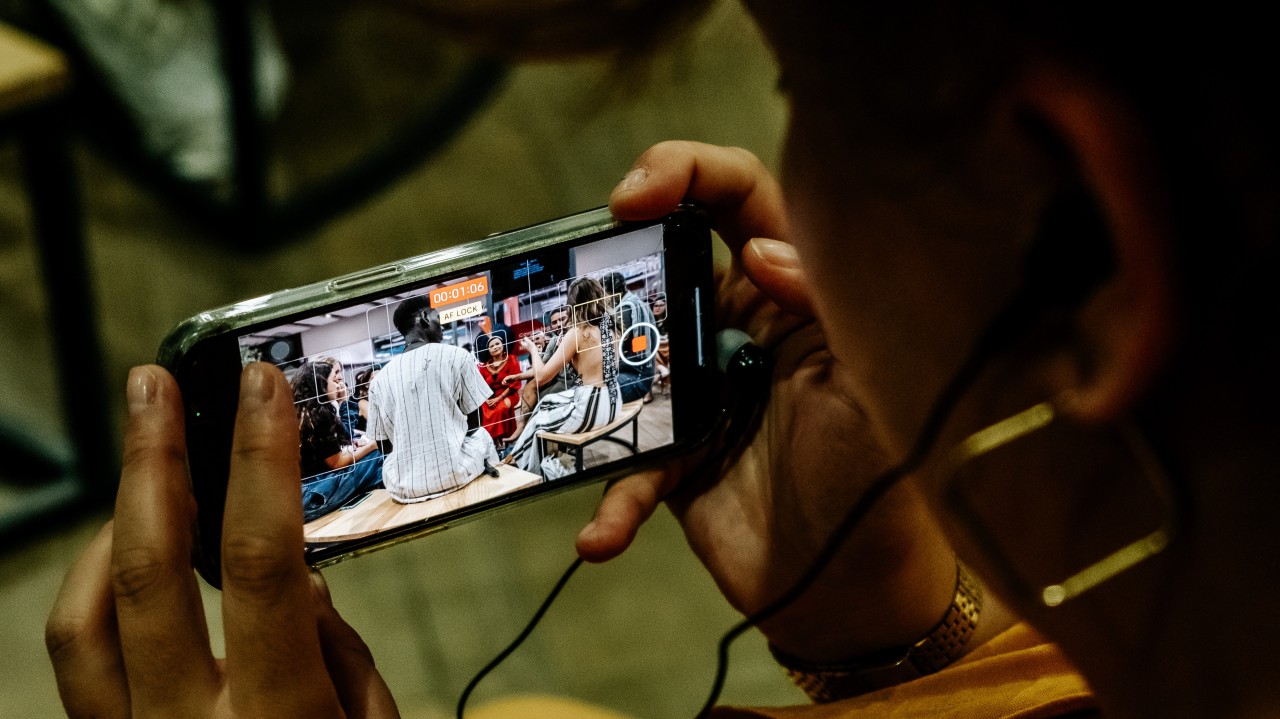
The 2025 World Top SGOs Are Live

Oh My [dot] good! Why We Love our New Dot and the Story Behind it
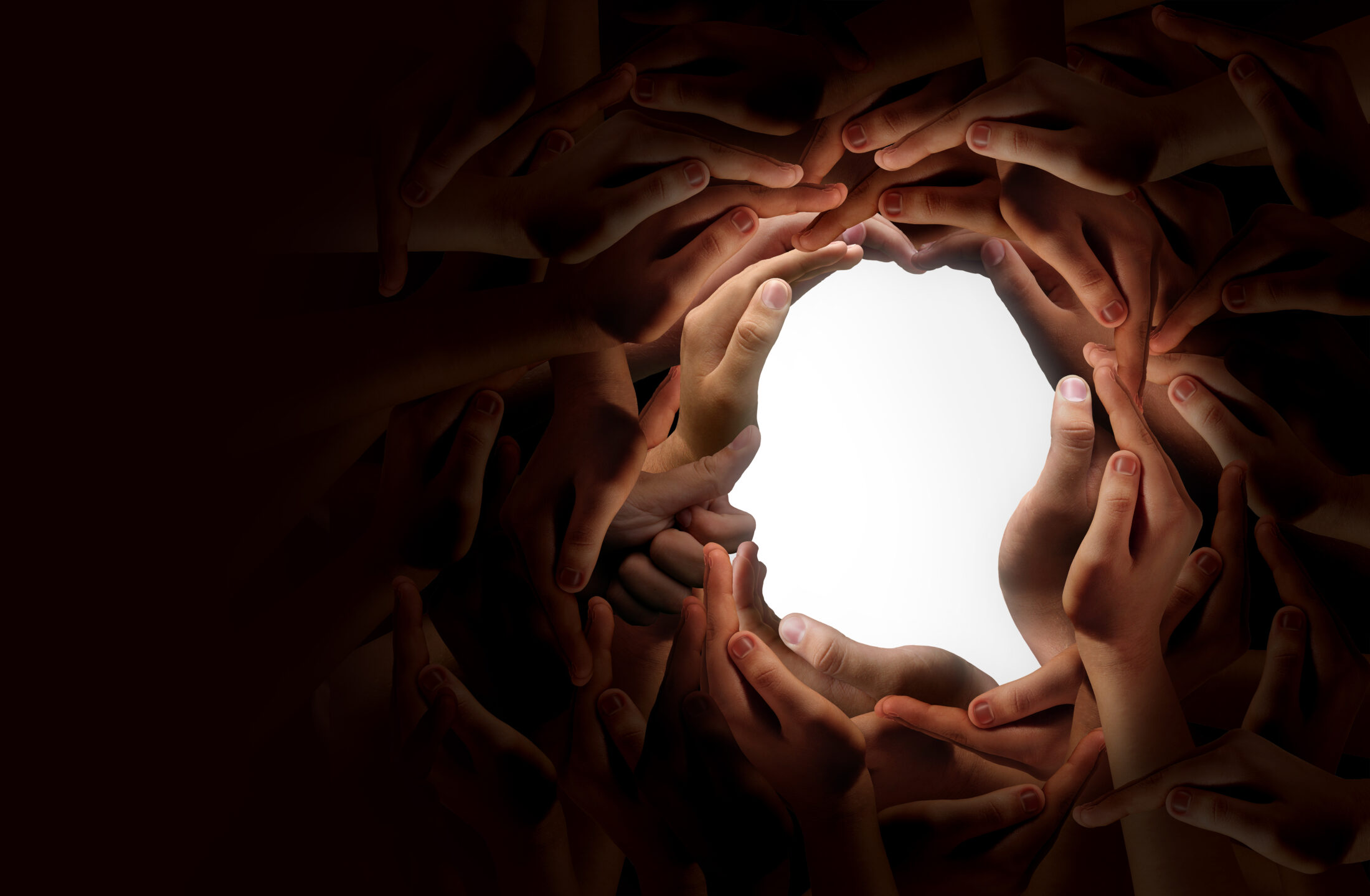
From NGO Advisor to thedotgood: A Spin Full of Joy and Meaning
The Social Good Sphere's Best Stories
News
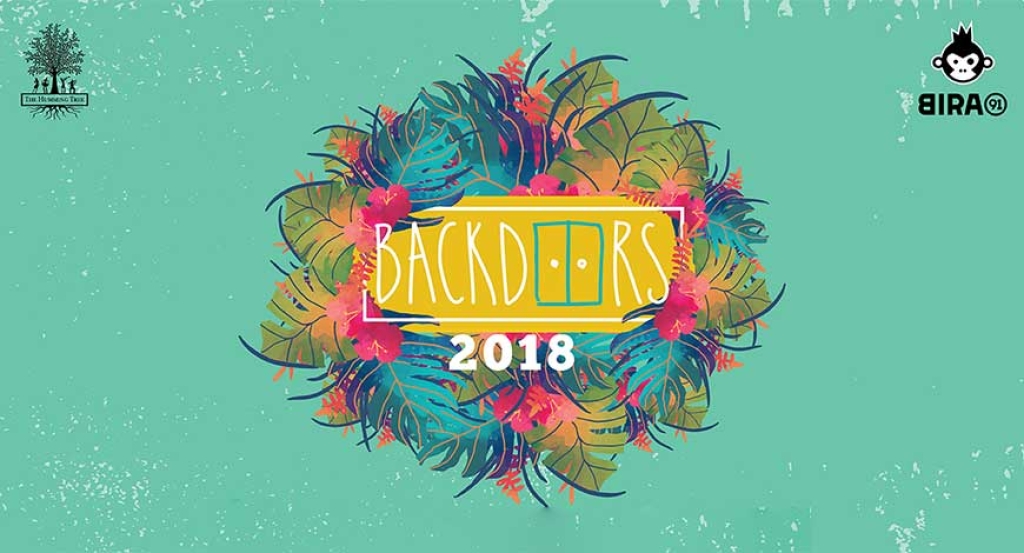
"Backdoors is an Opportunity to Inspire People to Take Action to End Online Violence Against Women"
"We Witness Opportunity for Growth if We Look at the Nonprofit Sector as an Economic Sector"
"We’ve Gone Through Proof of Concept in Very Diverse Conflict Contexts"
Executive Voice Series
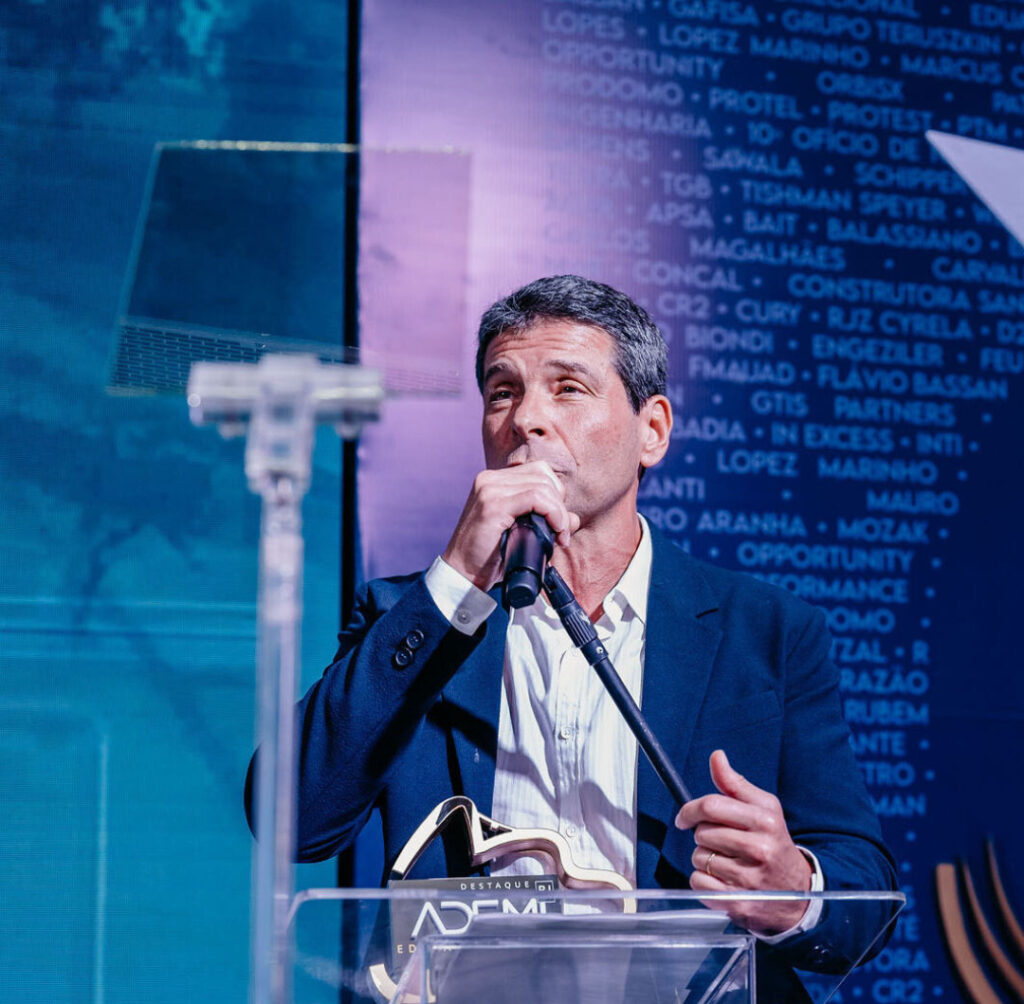
"We Seek to Build a Culture That Transforms Human Lives, a Culture of Solidarity"
"What Will Happen in the Future as We incubate Mission Aligned Businesses, Knowing the Danger of Losing the Balance"
"Backdoors is an Opportunity to Inspire People to Take Action to End Online Violence Against Women"
Access a World of Information and Contribute to the Social Good Sphere Enlightenment.
Dive into the rankings and discover insights, facts, and data from some of the most innovative organizations the world over, discover how they develop life-changing projects and programs making the world a better place.
- WORLD 200 SGOs 2024 Explore the list
- BRAZIL 50 SGOs 2024 Explore the list
- WORLD 200 SGOs 2025 Join the list
- USA 100 SGOs 2025 Join the list
- BRAZIL 75 SGOs 2025 Join the list
- AFRICA 50 SGOs 2025 Join the list
- INDIA 50 SGOs 2025 Join the list
Every year, thedotgood scouts the Social Good Sphere looking
for the most influential SGOs transforming our societies.
Start interacting within the Sphere now.
You represent an SGO
and wish to compete.
Join the most exciting community of SGOs.
